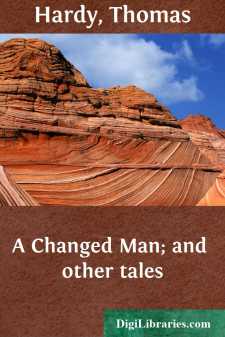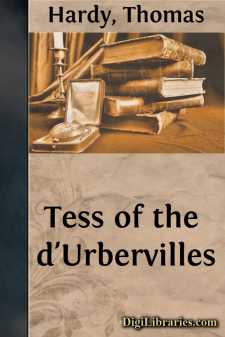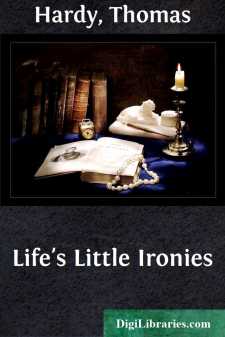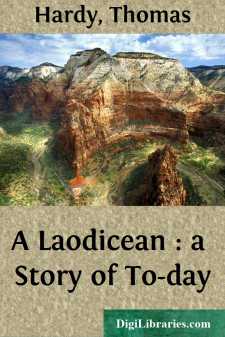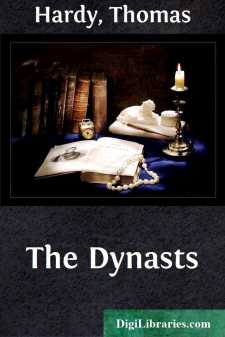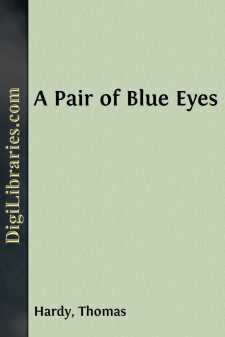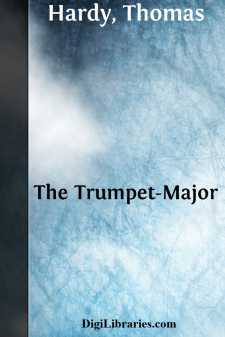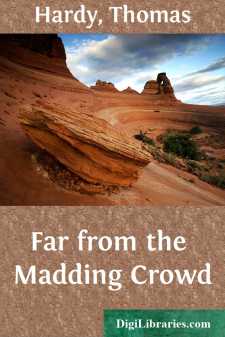Categories
- Antiques & Collectibles 13
- Architecture 36
- Art 48
- Bibles 22
- Biography & Autobiography 813
- Body, Mind & Spirit 142
- Business & Economics 28
- Children's Books 14
- Children's Fiction 11
- Computers 4
- Cooking 94
- Crafts & Hobbies 4
- Drama 346
- Education 46
- Family & Relationships 57
- Fiction 11829
- Games 19
- Gardening 17
- Health & Fitness 34
- History 1377
- House & Home 1
- Humor 147
- Juvenile Fiction 1873
- Juvenile Nonfiction 202
- Language Arts & Disciplines 88
- Law 16
- Literary Collections 686
- Literary Criticism 179
- Mathematics 13
- Medical 41
- Music 40
- Nature 179
- Non-Classifiable 1768
- Performing Arts 7
- Periodicals 1453
- Philosophy 64
- Photography 2
- Poetry 896
- Political Science 203
- Psychology 42
- Reference 154
- Religion 513
- Science 126
- Self-Help 84
- Social Science 81
- Sports & Recreation 34
- Study Aids 3
- Technology & Engineering 59
- Transportation 23
- Travel 463
- True Crime 29
Jude the Obscure
by: Thomas Hardy
Description:
Excerpt
Part First
"Yea, many there be that have run out of their wits for women, and become servants for their sakes. Many also have perished, have erred, and sinned, for women… O ye men, how can it be but women should be strong, seeing they do thus?"—Esdras.
I
The schoolmaster was leaving the village, and everybody seemed sorry. The miller at Cresscombe lent him the small white tilted cart and horse to carry his goods to the city of his destination, about twenty miles off, such a vehicle proving of quite sufficient size for the departing teacher's effects. For the schoolhouse had been partly furnished by the managers, and the only cumbersome article possessed by the master, in addition to the packing-case of books, was a cottage piano that he had bought at an auction during the year in which he thought of learning instrumental music. But the enthusiasm having waned he had never acquired any skill in playing, and the purchased article had been a perpetual trouble to him ever since in moving house.
The rector had gone away for the day, being a man who disliked the sight of changes. He did not mean to return till the evening, when the new school-teacher would have arrived and settled in, and everything would be smooth again.
The blacksmith, the farm bailiff, and the schoolmaster himself were standing in perplexed attitudes in the parlour before the instrument. The master had remarked that even if he got it into the cart he should not know what to do with it on his arrival at Christminster, the city he was bound for, since he was only going into temporary lodgings just at first.
A little boy of eleven, who had been thoughtfully assisting in the packing, joined the group of men, and as they rubbed their chins he spoke up, blushing at the sound of his own voice: "Aunt have got a great fuel-house, and it could be put there, perhaps, till you've found a place to settle in, sir."
"A proper good notion," said the blacksmith.
It was decided that a deputation should wait on the boy's aunt—an old maiden resident—and ask her if she would house the piano till Mr. Phillotson should send for it. The smith and the bailiff started to see about the practicability of the suggested shelter, and the boy and the schoolmaster were left standing alone.
"Sorry I am going, Jude?" asked the latter kindly.
Tears rose into the boy's eyes, for he was not among the regular day scholars, who came unromantically close to the schoolmaster's life, but one who had attended the night school only during the present teacher's term of office. The regular scholars, if the truth must be told, stood at the present moment afar off, like certain historic disciples, indisposed to any enthusiastic volunteering of aid.
The boy awkwardly opened the book he held in his hand, which Mr. Phillotson had bestowed on him as a parting gift, and admitted that he was sorry.
"So am I," said Mr. Phillotson.
"Why do you go, sir?" asked the boy.
"Ah—that would be a long story. You wouldn't understand my reasons, Jude....



